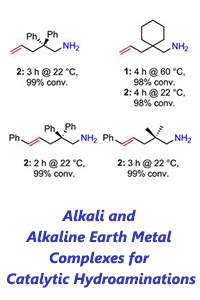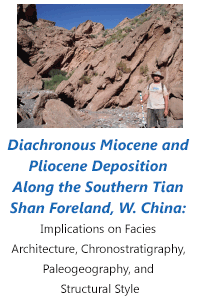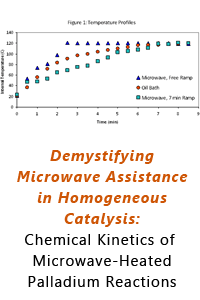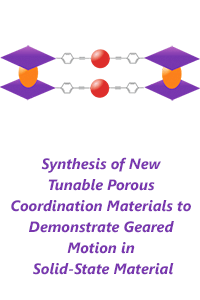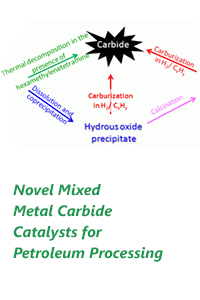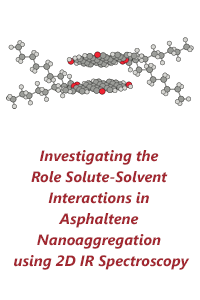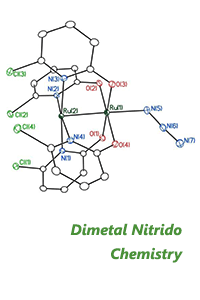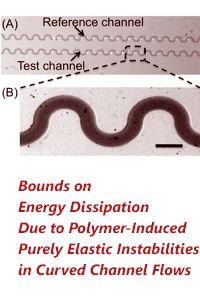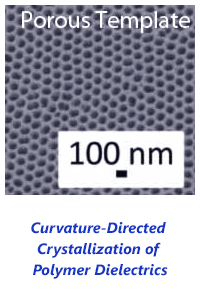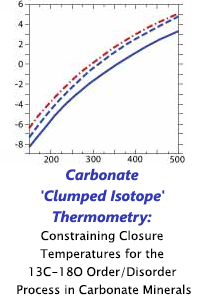57th Annual Report on Research 2012 Under Sponsorship of the ACS Petroleum Research Fund
Reports: ND949911-ND9: Study of Spontaneous Thermal Polymerization of Alkyl Acrylates Using Computational Quantum Chemistry
Masoud Soroush, PhD, Drexel University
We conducted a computational study of chain transfer to monomer (CTM) reactions in self-initiated high-temperature homo-polymerization of alkyl acrylates (methyl, ethyl and n-butyl acrylate). Several mechanisms of CTM were studied. The effects of the length of live polymer chains and the type of mono-radical that initiated the live polymer chains on the energy barriers and rate constants of the involved reaction steps were investigated theoretically. All calculations were carried out using density functional theory. Three types of hybrid functionals (B3LYP, X3LYP, and M06-2X) and four basis sets (6-31G(d), 6-31G(d,p), 6-311G(d), and 6-311G(d,p)) were applied to predict energy barriers and the molecular geometries of the reactants, products, and transition states. Transition state theory was used to estimate rate constants. The results indicate that abstraction of a hydrogen atom (by live polymer chains) from the methyl group in methyl acrylate, the methylene group in ethyl acrylate, and methylene groups in n-butyl acrylate are the most likely mechanisms of CTM. Also, the rate constants of CTM reactions calculated using M06-2X are in good agreement with those estimated from polymer sample measurements using macroscopic mechanistic models. The rate constant values do not change significantly with the length of live polymer chains. Abstraction of a hydrogen atom by a tertiary radical has a higher energy barrier than abstraction by a secondary radical, which agrees with experimental findings. The calculated and experimental NMR spectra of dead polymer chains produced by CTM reactions are comparable. This theoretical/computational study revealed that CTM occurs most likely via hydrogen abstraction by live polymer chains from the methyl group of methyl acrylate and methylene group(s) of ethyl (n-butyl) acrylate.
This project was our first serious attempt to use of quantum chemical calculations to better understand chain transfer to monomer reactions in free-radical polymerization of acrylates. The computational skills that we gained in this project have been invaluable, as they will facilitate our computational/theoretical studies of other free-radical polymerization reactions. So far, one postdoctoral research associate and one doctoral-candidate research assistant have participated and been trained in the project. This project has provided the research assistant and associate with an invaluable opportunity to gain skills in quantum chemical calculations, parallel computing, polymerization laboratory experimentation and spectroscopic methods.

